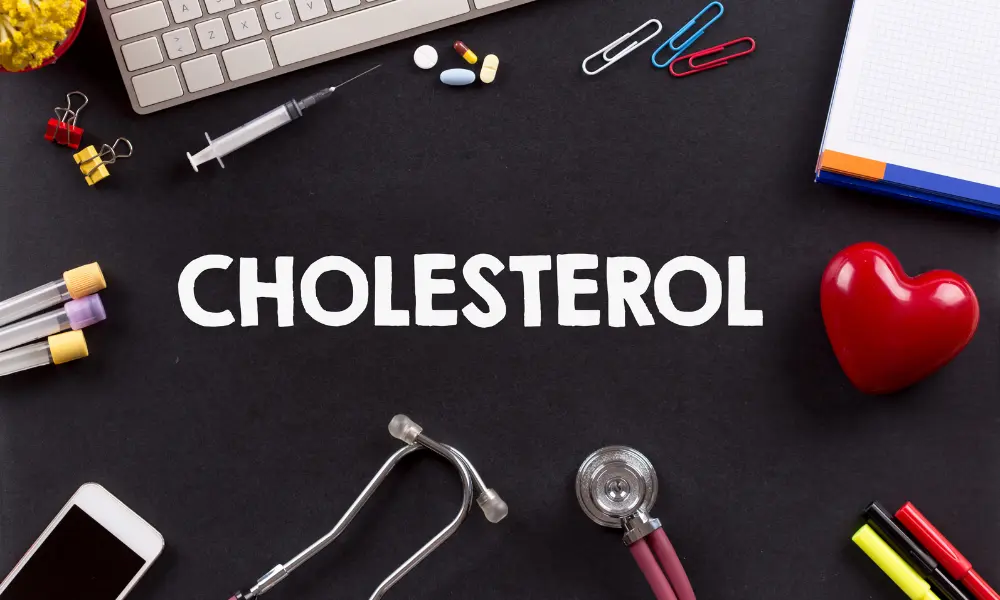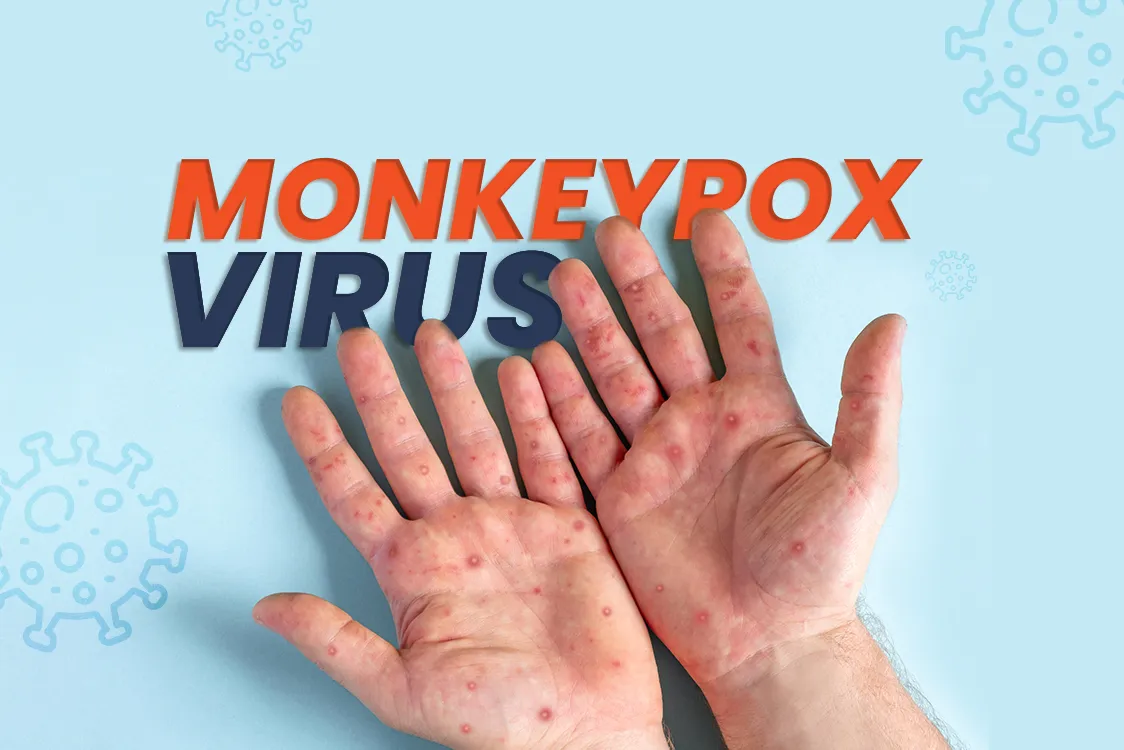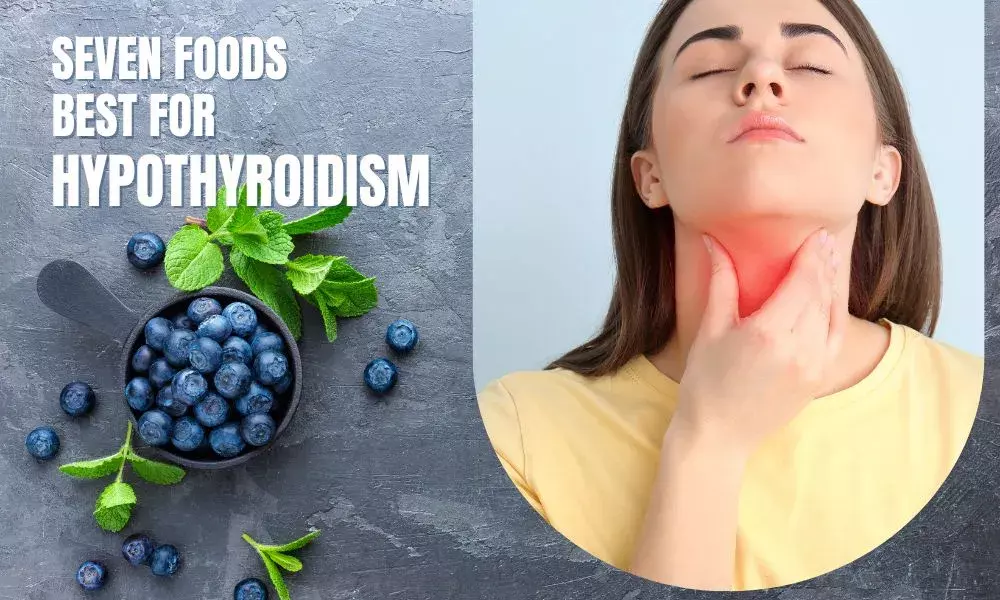High cholesterol is often termed a “silent killer” because it builds up in our body without showing clear symptoms. Over time, it increases the risk of heart disease and stroke. While medications can help, making small daily changes can naturally help manage cholesterol and improve our heart health.
High cholesterol is dangerous for our cardiovascular health. High levels of cholesterol increase the risk of developing heart disease and other complications. It can cause the formation of plaque in arteries (atherosclerosis), narrowing and hardening them. This can lead to reduced blood flow, potentially causing heart attacks, strokes, and other issues. Therefore, one must keep a check on all the vital parameters and consult a doctor regularly.
Instead of just saying, “eat healthy and stay active,” let’s understand some truly interesting and effective habits that can make a big difference.
-
Breathe deeply for Five minutes every morning
Stress is one of the biggest hidden contributors to high cholesterol. When stressed, your body produces more cholesterol to deal with inflammation. Deep breathing or practicing mindfulness for just five minutes can reduce stress levels and keep cholesterol in check. Inhale for four seconds, hold for four seconds, and exhale for four seconds. This is called box breathing, and it works wonders!
-
Start the day with Husk water
Fiber is good for cholesterol, but did you know that psyllium husk (Isabgol) is one of the most effective natural remedies? It generally forms a gel-like substance in our gut that traps bad cholesterol (LDL) and flushes it out. Mix one teaspoon of psyllium husk in a glass of warm water and drink it before breakfast; this helps reduce cholesterol magically.
-
Swap your morning coffee with hibiscus tea
Caffeine spikes your cortisol levels, which can indirectly contribute to higher cholesterol over time. A better alternative? Hibiscus tea! Studies show that hibiscus is rich in antioxidants that help reduce LDL cholesterol and boost good cholesterol (HDL). It also helps lower blood pressure and keeps one hydrated.
-
Eat a handful of soaked nuts and seeds
Raw nuts and seeds contain healthy fats, but soaking them overnight removes anti-nutrients, making them even healthier. Almonds, walnuts, chia seeds, and flaxseeds are fantastic for naturally lowering cholesterol. Soaking improves their digestion, improves nutrient absorption, and reduces bloating.
-
Add one fermented food to your diet
Fermented foods like homemade curd, pickles, and buttermilk contain probiotics that help balance gut bacteria. A healthy gut actively removes excess cholesterol from the body. Research suggests that probiotics can help reduce LDL cholesterol by breaking down bile acids in the intestine.
-
Chew your food 30 times before swallowing
Yes, it sounds too simple, but slow eating plays a big role in cholesterol management. When you chew food thoroughly, your body produces more digestive enzymes, which help break down fats more efficiently. Poor digestion often leads to cholesterol buildup. Put your spoon down between bites to slow yourself down.
-
Take the “three-minute” after-meal walk
No time for long workouts? Instead of sitting or lying down after eating, walk for just three minutes. Even short, post-meal walks can significantly lower blood sugar and cholesterol levels. This simple habit keeps your metabolism active and prevents fat buildup. This trick works wonders!
-
Add one fermented food to your diet
Fermented foods like homemade curd, pickles, and buttermilk contain probiotics that help balance gut bacteria. A healthy gut actively removes excess cholesterol from your body. Research suggests that probiotics can help reduce LDL cholesterol by breaking down bile acids in the intestine.
To keep the health complications at bay, one must adopt these seven habits so that the cholesterol level is managed. To consult a specialist – CLICK HERE!
FAQ on Managing High Cholesterol
How to reduce cholesterol?
A few changes in our diet can reduce cholesterol and improve our heart health; these may include:
-
Reduce saturated fats
-
Avoid trans fats
-
Eat foods rich in omega-3 fatty acids
-
Increase soluble fiber
-
Add whey protein
Is eating rice bad for cholesterol?
Rice itself doesn’t contain cholesterol, but how you eat it, and the type of rice can affect your cholesterol levels.
What not to eat with high cholesterol?
One must avoid food that contains coconut oil or palm oil, meat pies, sausages, and fatty meat, cream and hard cheese, butter, lard, and ghee, cakes and biscuits.
This article is meant for informational purposes only and must not be considered a substitute for professional advice.





